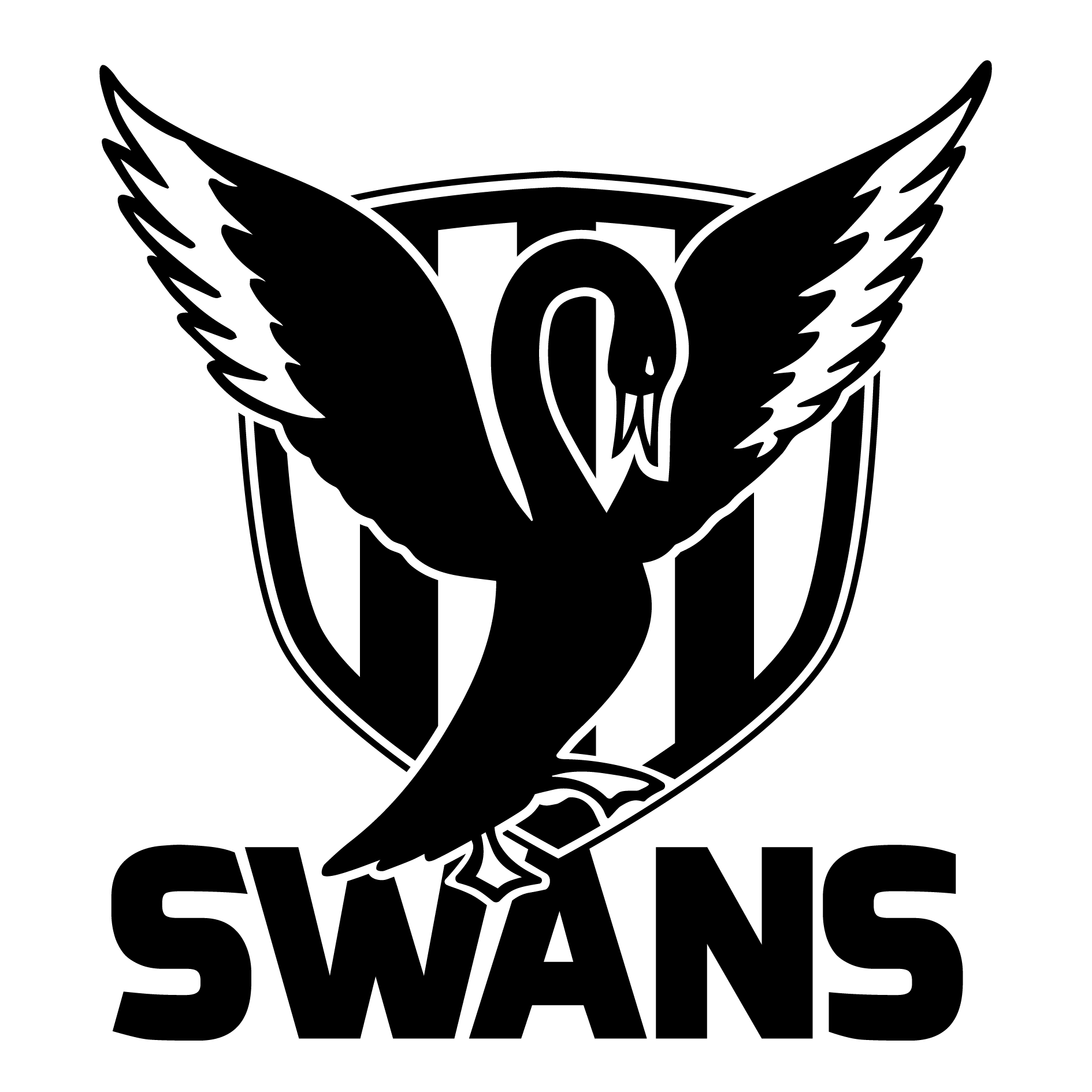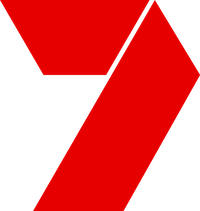Select grade below
- Round 2Sat, 12 Apr 20257:10 PM
 VS
VS Sullivan Logistics Stadium
Sullivan Logistics Stadium - Round 3Sat, 19 Apr 20252:30 PM
 VS
VS Fremantle Community Bank Oval
Fremantle Community Bank Oval - Round 4Sat, 26 Apr 20252:30 PM
 VS
VS Steel Blue Oval
Steel Blue Oval - Round 5Sat, 3 May 20252:30 PM
 VS
VS Steel Blue Oval
Steel Blue Oval - Round 6Sat, 10 May 20257:10 PM
 VS
VS Sullivan Logistics Stadium
Sullivan Logistics Stadium - Round 7Sat, 24 May 20252:30 PM
 VS
VS Steel Blue Oval
Steel Blue Oval - Round 8Sat, 31 May 20252:30 PM
 VS
VS Steel Blue Oval
Steel Blue Oval - Round 10Sat, 14 Jun 20252:30 PM
 VS
VS Steel Blue Oval
Steel Blue Oval - Round 11Sat, 21 Jun 20252:30 PM
 VS
VS East Fremantle Oval
East Fremantle Oval - Round 12Sat, 28 Jun 20252:30 PM
 VS
VS Steel Blue Oval
Steel Blue Oval - Round 13Sat, 5 Jul 20254:10 PM
 VS
VS Joondalup Arena
Joondalup Arena - Round 14Sat, 12 Jul 20252:30 PM
 VS
VS Steel Blue Oval
Steel Blue Oval - Round 15Sat, 19 Jul 20252:10 PM
 VS
VS Mineral Resources Park
Mineral Resources Park - Round 17Sat, 2 Aug 20252:30 PM
 VS
VS Steel Blue Oval
Steel Blue Oval - Round 18Sat, 9 Aug 20252:30 PM
 VS
VS Revo Fitness Stadium
Revo Fitness Stadium - Round 19Sat, 16 Aug 20255:40 PM
 VS
VS Mineral Resources Park
Mineral Resources Park - Round 20Sat, 23 Aug 20252:30 PM
 VS
VS Lane Group Stadium
Lane Group Stadium
'Doc' wants others to become bone marrow donors

Not only is Nathan Blakely now a fully qualified anaesthetist, a father and 100-plus game ruckman at Swan Districts, but he's also a bone marrow donor and is urging everyone else able to do it as well to help save someone's life.
Blakely doesn’t want to receive any extra attention for what he did earlier this year, but what he does want to do is raise awareness of the importance of being a bone marrow donor and how crucial it can be in saving somebody's life anywhere in the world.
After joining the bone marrow donor registry and just by donating blood to start with, Blakely ended up being a 100 per cent match with somebody – likely a younger person suffering from cancer who needs the bone marrow replacement to save their life.
He underwent the process of donating his bone marrow earlier this year and it is such a rare thing where there is no more than five West Australians any given year who undergo the bone marrow procedure to take it out of their bones in the hip, and then transfer it to the recipient.
While there is also the possibility of just giving blood that can be transferred to a recipient via peripheral stem cells, the fact that Blakely was a 100 per cent match for his recipient has meant that he has likely saved someone's life while it's had no adverse impact on him whatsoever.
Incredibly rewarding experience
Blakely has achieved a lot in his life already working in the medical field, on the football field and with his own young family, but it's going to be hard to beat the feeling of helping to save someone's life just by simply donating his own bone marrow.
"I found the whole experience incredibly rewarding and fulfilling, and something that I would recommend to anyone," Blakely said.
"Overall it was an incredibly powerful experience to give back and I'm in this privileged position of seeing different types of organ donations with people who unfortunately who have brain bleeds or injuries from motor vehicle accidents.
"They can have significant brain injuries but the rest of their bodies are still good and their families are wholesome or holistic enough to say they are happy for their organs to go to someone else after they pass away.
"That's another aspect of organ donation being completely separate where it can be with a brain dead individual who still have fully functioning hearts, lungs, kidneys, livers, eyes and everything that can be donated to other people to keep them living.
"I've seen a lot of those people receiving transplants as an anaesthetist, so it was a great experience for me to give back and I'm in this amazing position to be able to help somebody.
"I get to see this kind of stuff happen on a day to day basis so I had no concerns about doing it myself and it's an amazing thing to be able to do."
How the process begins
The entire process to put yourself on the bone marrow donation registry is simple and that's why Blakely is urging as many people as possible to become involved.
You can either do it by simply ticking the box while donating blood or like what happened at Swan Districts, any organisation can take part in a drive to raise awareness and encourage their staff to become involved.
That's how it happened for Blakely and he never thought twice once he was made aware.
"When you go to donate blood or plasma at your local Red Cross, there's a box that you can tick to say you want to go on the bone marrow donor registry," Blakely said.
"So I did that when I started giving blood four or five years ago, and similar to that Jess Belladonna, one of the club's admin staff, knew somebody in search of a bone marrow donor and you can organise to have drives to try and find someone by getting people tested.
"That can be as simple as having your saliva swiped which is sent away and you go on the bone marrow registry from that. So they are the two ways you can do it and then not much happens really after that, and you are only ever called up if you are a close match to somebody who needs it."
What happens when you are close match
Once Blakely received the call that he was a close match with someone in need, he had the blood taken to confirm and then was booked in to do the bone marrow procedure to have it taken from his hip bones.
"Then if you are one of the close matches, you have a few blood tubes taken and it's no more than 50ml so your body makes it back very quickly," Blakely said.
"Then after a few months, I found out I wasn’t going to be a donor for that case and I could go donate blood again, and then wait for another potential match.
"Then this most recent time, I got a call saying I was a 100 per cent match as a bone marrow and 95 per cent for giving blood through the plasma.
"A lot of the time just providing the blood is enough to rejuvenate the stem cells, but then five per cent of the time they actually have to take bone marrow by drilling into your hip bones and taking some marrow out.
"That's when the situation has a high risk of rejection so it can be with childhood cancers especially."
Once Blakely's match had been identified and that his bone marrow was required to be transferred to help the recipient in their recovery, the ball got rolling very quickly and before he knew it he was heading in where he was working – albeit as a patient.
"So I went through the full work up at Fiona Stanley, ironically which I was working at then, and I had meetings with the haematologist there who is actually a big Claremont fan so he loved that I played a bit of footy," Blakely said.
"A couple of my friends were actually doing haematology training too so I called them up about the whole process. So then I had to go in one day and it all got in motion pretty quickly once I had given it the go ahead.
"They put the recipient through all the chemotherapy that they need beforehand to kill all the bone marrow cells that's causing their cancer, and then they wait to receive your bone marrow and they inject that into them.
"Then the hope is their bone takes it up and their body accepts it, and starts making the white and red blood cells again, and their recovery starts."
For Blakely, what it meant was going into a theatre he knew all too well at Fiona Stanley Hospital having being working there himself as an anaesthetist to go in and have the bone marrow taken out of his hip.
The recovery was so quick that two days later he was able to run out and play a game for Swan Districts.
"So I had to go under a general anaesthetic because they have to take it out of the back of your hips," he said.
"They take anywhere from 500ml and 1.5 litres of marrow out of your hip bones so it's a lot of passes with a 20ml syringe. And actually the theatre I had it done in on a Thursday morning, it was the same one I had been working in for the last six months as the anaesthetist.
"The one who I looked after was an anaesthetist I really respected and all the nursing staff I knew and had been working for over the last six months.
"I just went under and then woke up with a little bit of back pain, but nothing much and got through the next couple of days with some pain pills and managed to play footy that weekend against Perth."
What comes after the procedure
While right now Blakely has no idea where his bone marrow has gone, he hopes that one day he will either be able to talk to actual recipient or their family to find out what it has done for their lives.
"Hopefully in a couple of years they will be able to open up the communication lines and I'm able to talk to the parents or the individual who received the bone marrow," Blakely said.
"They keep it confidential for the first few years because not everyone wants to meet their donor and they don’t want it to be impact by religious or ethnic judgements or anything, and risk having any reason for someone to say no.
"But hopefully in a few hours the communication lines do open up and the kid has had a good outcome somewhere around the world."
A call to arms
Blakely has deliberately not gone around spruiking what he did with his bone marrow donation because the last thing he wanted was focus on himself, but at the same time he wants to now share his story to encourage others to also get involved.
It can be as simple as just having your saliva tested to start with and then giving blood, and then simply awaiting to see if you have a match who either just needs your blood or needs your bone marrow.
"While you can be on the registry until your 50, I would be urging anyone under 35 to sign up and you can go to the website of bone marrow donation they will send out a kit to you," Blakely said.
"I urge you to donate blood if you can because most of the time fit people have their entire blood turning over every three months, and your bone marrow is incredibly good at giving blood.
"Although we'll unlikely need it in our early years of life, anyone who has cancer or an older person who falls and breaks their hips or anything, they will need it and the marrow is such a precious resources.
"It's an incredibly valuable and I just urge you to tell your friends to be an organ donor because if something horrible happens to your brain, your body can have such a positive impact on so many other people's lives.
"So I just want to raise awareness and encourage anyone that can to go on the bone marrow donation registry because you can do some amazing things for someone whose life depends on it."
Please check out the Australian Bone Marrow Donor Registry for more information by clicking here.











